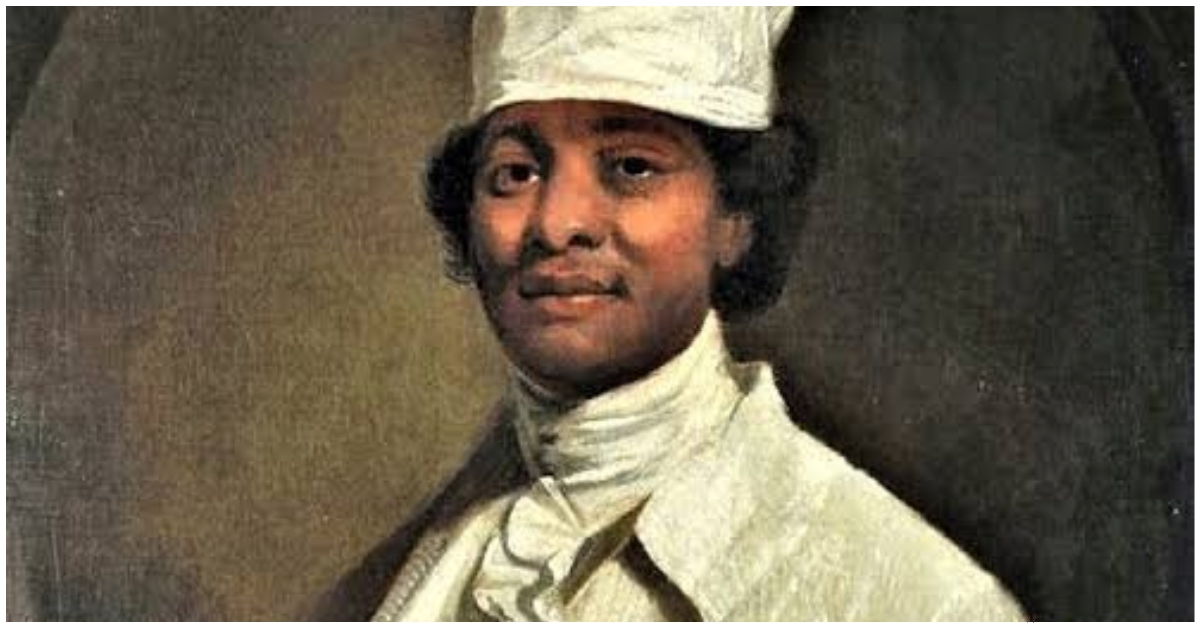James Hemings led an extraordinary life, overcoming adversity as an enslaved person to become the first American trained as a master chef in France.
He brought French cuisine to America and influenced many favorite dishes over 200 years ago. However, his story and contributions have been largely overlooked.
Early Life As An Enslaved Person
Hemings was born in 1765 to an enslaved woman named Elizabeth Hemings. His father was their owner John Wayles, making Hemings the half-brother of Thomas Jefferson’s wife Martha.
At just 8 years old, Hemings and his family were inherited by Jefferson as property after Wayles died. Despite being enslaved, Hemings worked as a riding valet and cook even in his youth.
Receiving Prestigious Culinary Training In France
In 1784, a 19-year-old Hemings accompanied Jefferson to France when he was appointed minister. Jefferson had Hemings trained in French cuisine, an extremely rare opportunity for an enslaved person at that time.
Over 3 years, Hemings studied under top chefs like Monsieur Combeaux and even apprenticed at the household of Prince de Condé.
Introducing French Food To America
When he returned to America in 1789, Hemings brought his culinary learnings back with him. As Jefferson’s chef, he adapted elaborate French dishes for American tastes.
Hemings likely created early versions of ice cream, macaroni and cheese, whipped cream, fries, and more. He cooked impressive dinners that wowed Jefferson’s political guests.
Brief Freedom And Demanding Respect
Hemings negotiated a deal with Jefferson to free him if he trained his brother Peter as a replacement chef. Peter took over at their Virginia home Monticello. James Hemings lived free in Philadelphia and Baltimore for 5 years.
However, when Jefferson tried to summon him as White House chef, Hemings refused until Jefferson showed respect by sending an invitation letter.
Sadly, Hemings passed away at just 36 years old not long after. But the former slave left an incredible legacy as the Founding Father of fine American cuisine that lives on today. His story deserves more recognition in history.





